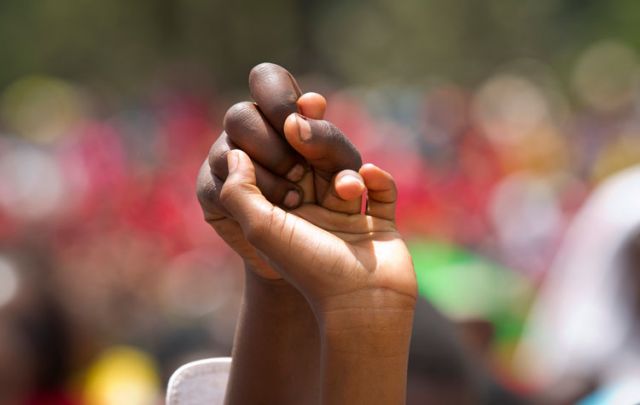From two famous intellectuals, one speaking philosophically and the other psychologically, we get that same insight.
Rene Descartes, as we know, famously suggested that all true thinking must begin with our own reality: I think, therefore I am. His logic works this way: What’s the only thing you can know that’s real, beyond all doubt? Your own mind. You know that your own mind is real because you are inside of it. You are real, you can be sure of that, but you might be imagining or dreaming everything else.
Sigmund Freud, centuries later, coming from another angle, reached basically the same conclusion. For Freud, we are forever so excessively self-preoccupied that we are unable to see other peoples’ lives as being just as real as ours.
If that’s true, and certainly there’s truth there, then it’s not surprising that expressing real empathy and genuine concern for others are a struggle because both are predicated precisely on being able to accord to the heartaches and headaches of others the same reality and importance that we give to our own. But it’s hard to give to others without some level of self-interest being involved. It’s hard to have wholly pure motives in serving others. It’s hard to know other people’s heartaches in the same way as we know our own. It’s hard to be purely altruistic. And it’s particularly hard to overcome this.
Why? Don’t sympathy and empathy come naturally to us? Yes, they do, but like everything else they come mixed with many other things.
Sympathy and empathy come mixed with our more primal instincts for survival. We aren’t born generous and empathic. We’re born needy, hungry and instinctually driven for survival. As newborns, we are so consumed with our own survival that we have to grow into an awareness of the reality of others. Nature brings us into the world this way in order to ensure that we do what it takes to survive, which greatly mitigates our empathy.
Moreover, beyond how nature has built us, our early experiences soon do further damage to our empathic capacities. Simply put, none of us gets loved purely and wholly and, long before we reach our adulthood, all of us have lost our wholeness. As adults, all of us to some degree are wounded, fearful and given over to habits of self-preservation which weaken our empathy.
It works this way: We come into this world with great adaptability. As babies, every instinct inside us works towards life and because of this, unconsciously, we do whatever it takes to stay alive and we adapt to whatever (food, shelter, clothing, language, environment) we need to adapt to in order to stay alive. The adaptations we make as young children help ensure our survival but then leave us wounded in ways that make genuine empathy difficult later in life.
What can we do about this? There aren’t any easy answers, psychologically or spiritually, and to suggest that there are isn’t helpful. We are dealing with deeply engrained instincts that don’t sway just because they are intellectually understood and with wounds that need to be healed through the heart.
What would cure us and open our hearts to empathy and real concern for others is the experience of genuine, non-exploitive, love. But we can’t make others love us in this way and we struggle mightily to feel God’s love when others don’t love us in this way. Moreover we are caught-up in a vicious circle — the wounds that need to be healed through love are the very things that are making it difficult for others to love us.
But love is the answer. It would make us whole, but we cannot will this love upon ourselves. So what can we do?
First, we can admit the problem, admit our lack of wholeness, admit our wounds, admit our excessive self-preoccupation and admit our lack of empathy.
Second, we can humbly seek help from others, from family, friends, recovery groups, therapists. Coupled with this, we can expose ourselves more regularly to the poor (of every kind) and their needs. This will help baptize us into empathy and genuine concern. Few things have the power to draw us out beyond our own wounds as standing before the needy.
Finally, we need to seek God’s help by throwing ourselves, in prayer, upon God’s wholeness, asking God to do for us what we cannot do for ourselves, namely, see others as being as real as we are.
(Fr. Rolheiser can be reached at www.ronrolheiser.com.)


